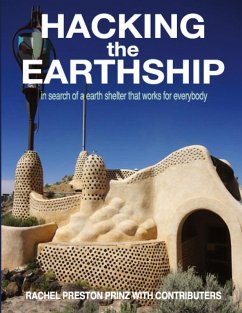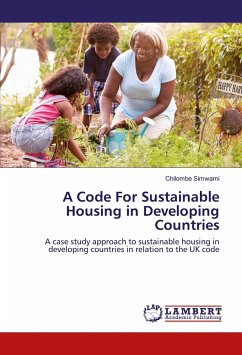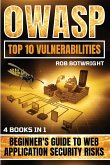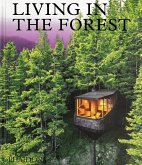Hacking the Earthship: In Search of an Earth-Shelter that Works for EveryBody is a collection of academic and in-the-field research on Earthships combined with practical advice for designing and financing a truly sustainable earth-sheltered home. Rachel Preston Prinz and contributing authors discuss the history, research, design issues, and evolution of Earthships, drawing on the knowledge of thousands of builders, craftsmen, and designers who have mastered the art of earth sheltering. Then, they walk readers step by step through design, offering a wealth of resources that can inspire, inform, and educate. Within, readers will find the tools needed to understand their place's culture, architecture, and climate... and the ideal building methods for their climate, personality, values, and budget. THE NEW GENERATION OF EARTHSHIP ENTHUSIASTS: ¿ Does not want to cart questionable building materials long distances and call it "green". ¿ Wants to build locally and naturally... and they want to build it themselves. ¿ Wants their buildings to be cool in summer, warm in winter, the humidity to be predictable and regular; and they want to minimize pests and allergens. ¿ Wants to be able to get a permit and insurance, and resell their homes if they want to; or pass them on if they can. ¿ They want a smaller home that is "just right"... for their budget, time, ability, energy use, and maintenance. ¿ They want to make their home easy to manage, maintain, and get around in, even if they are in a walker or wheelchair. ¿ They want their home to feel like it is made from and relating to the earth: in views, in light, in fresh air, in the ability to grow food, and in a beautiful landscape that supports the home. Finding the balance between all these desires is a delicate and lengthy process of discernment, study, and goal-setting. That is what this book aims to help you do. Chapter 1 THE EARTHSHIP REALITY PROJECT discusses the issues and resolutions of the design. Chapter 2 THE SCIENCE: ACADEMIC RESEARCH AND TIRE OFF-GASSING reviews academic and scientific research. Chapter 3 A WAY FORWARD discusses financing and insurance, minimizing waste, managing the build, visioning, and Code requirements. Chapter 4 THE BUILDING'S CONTEXT AND SITE addresses the site and landscape. Chapter 5 DESIGNING FOR THERMAL COMFORT addresses natural, mechanical, and design options for improving thermal performance. Topics covered include passive solar design; thermal mass versus insulation; earth-coupling versus earth-sheltering; thermal and moisture protection; and natural ventilation. Chapter 6 THE STRUCTURAL SYSTEM addresses the ways we can form the building's structure. Chapter 7 THE ENCLOSURE SYSTEM outlines the construction of the building's envelope or skin. We discuss traditional earthship building blocks like tire, glass, and can walls, as well as alternative systems like adobe, cob, rammed earth, earthbags, wood block concrete forms, timber frame, log, cordwood, and strawbale buildings. We also cover various roofing options as well as doors and windows. Chapter 8 ROOMS, SPACES, COLORS, & TEXTURES discusses how we can create a home we love. Chapter 9 MECHANICAL SYSTEMS outlines basic mechanical, electrical, and plumbing considerations, especially on-grid systems since those are what make an Earthship most affordable. Chapter 10 IMBUING SPACE WITH SPIRIT addresses psychological and spiritual aspects of design. Chapter 11 CONCLUSION: A NEW SET OF EARTH-SHELTER BUILDING CRITERIA Chapter 12 OVERWHELMED? NEED HELP? discusses some helpful tips if you hire an architect or residential designer . The APPENDICES offer resources and worksheets. Contributors include: Debra Bailey, Carrie Christopher, Michael Curry, Richard Flatau, Sigi Koko, Shannon Colvin Matteson, Chiara Riccardi, Maggie Schlarb, Steve Scott, Craig Schreiber, Asha Stout, & Pratik Zaveri
Hinweis: Dieser Artikel kann nur an eine deutsche Lieferadresse ausgeliefert werden.
Hinweis: Dieser Artikel kann nur an eine deutsche Lieferadresse ausgeliefert werden.








